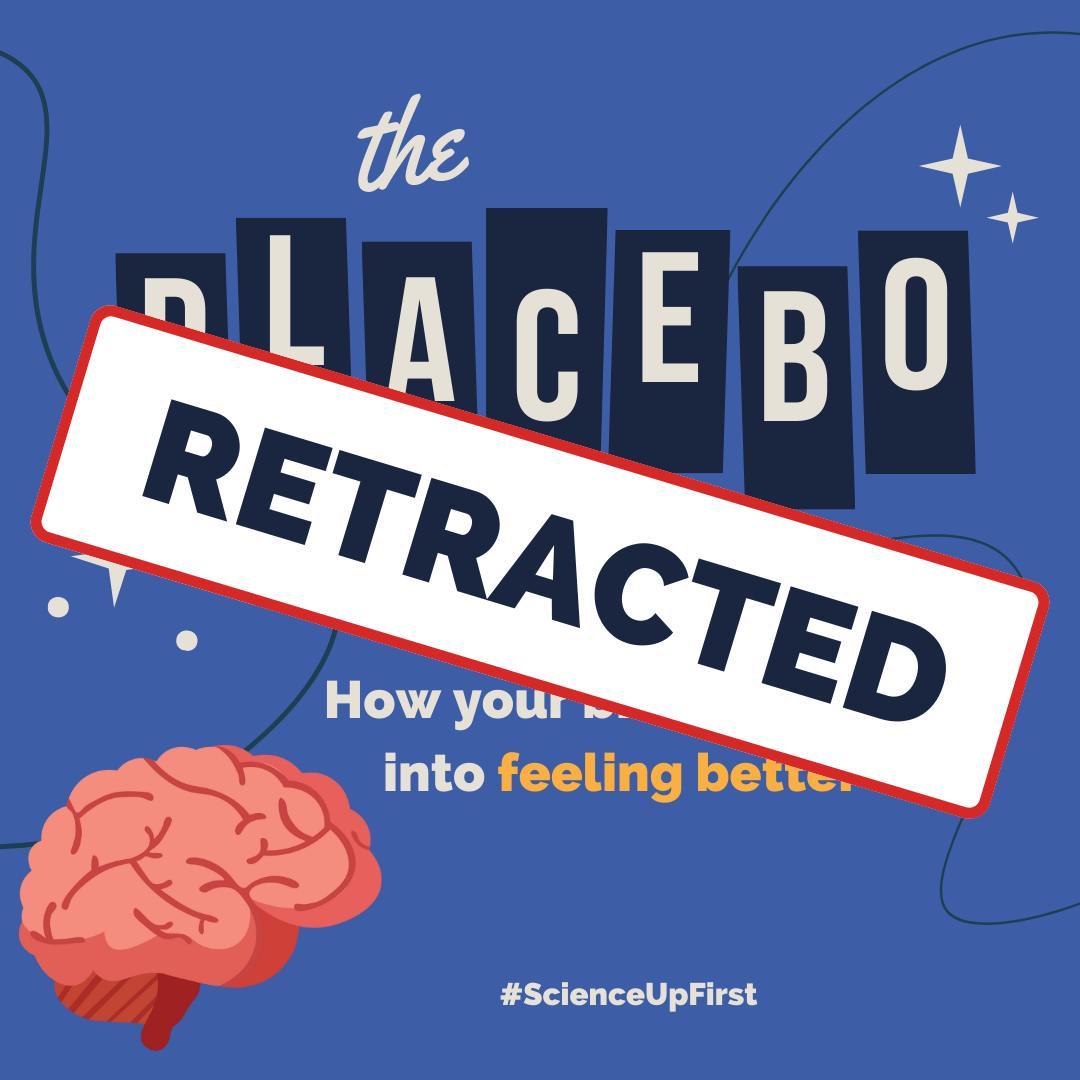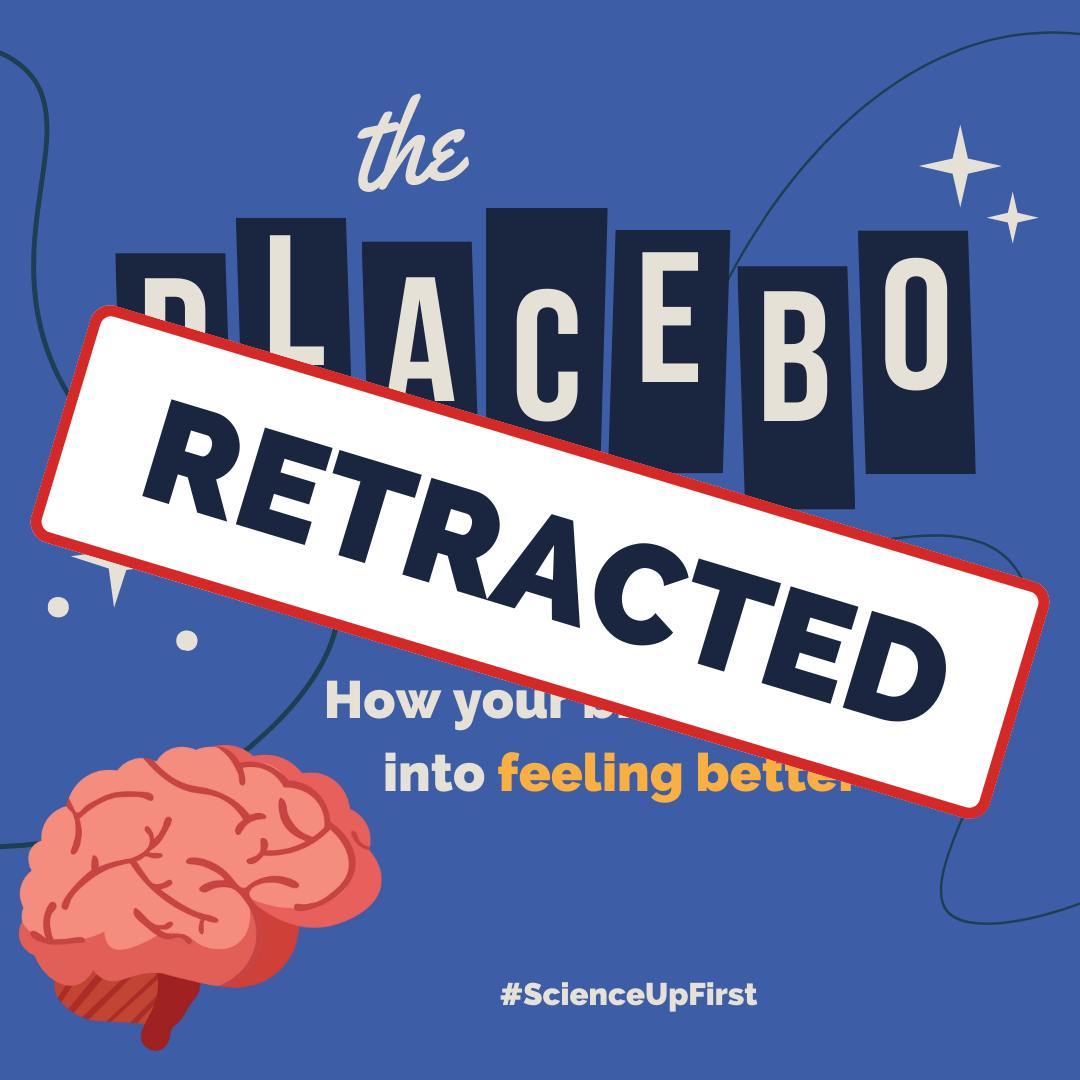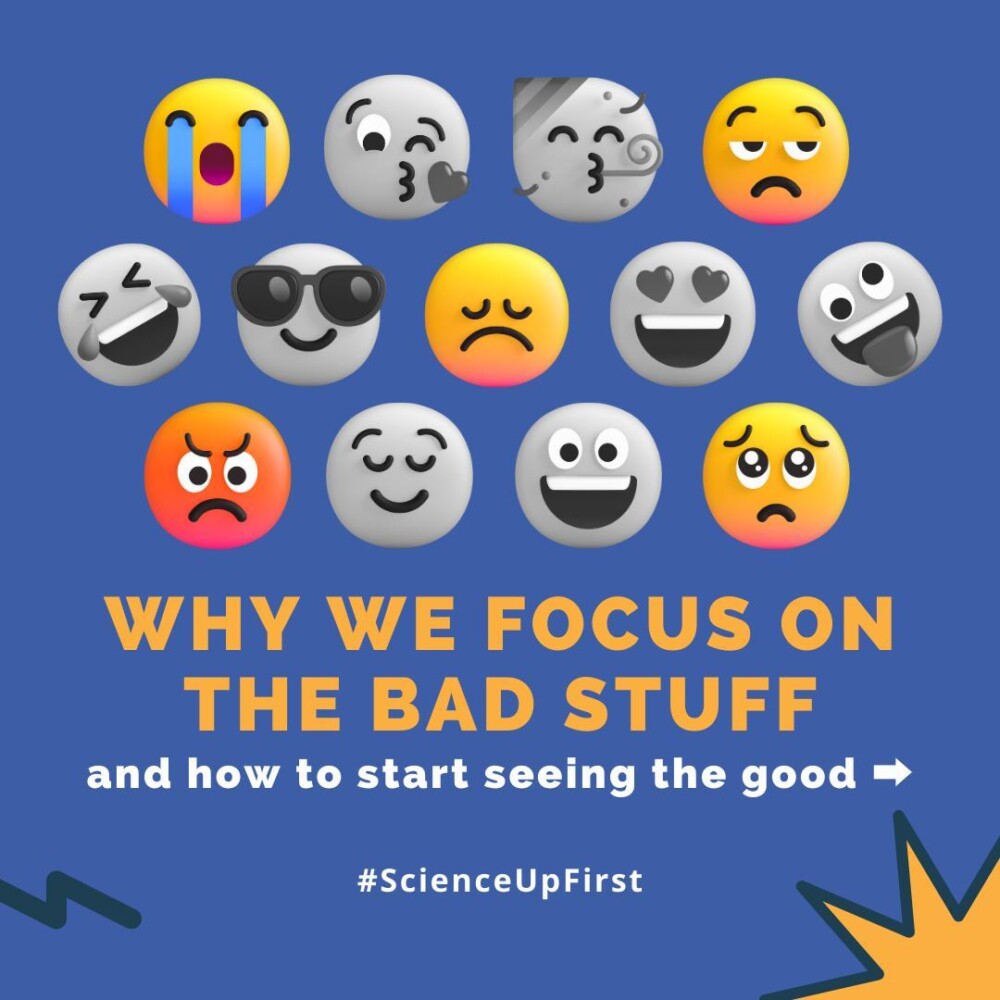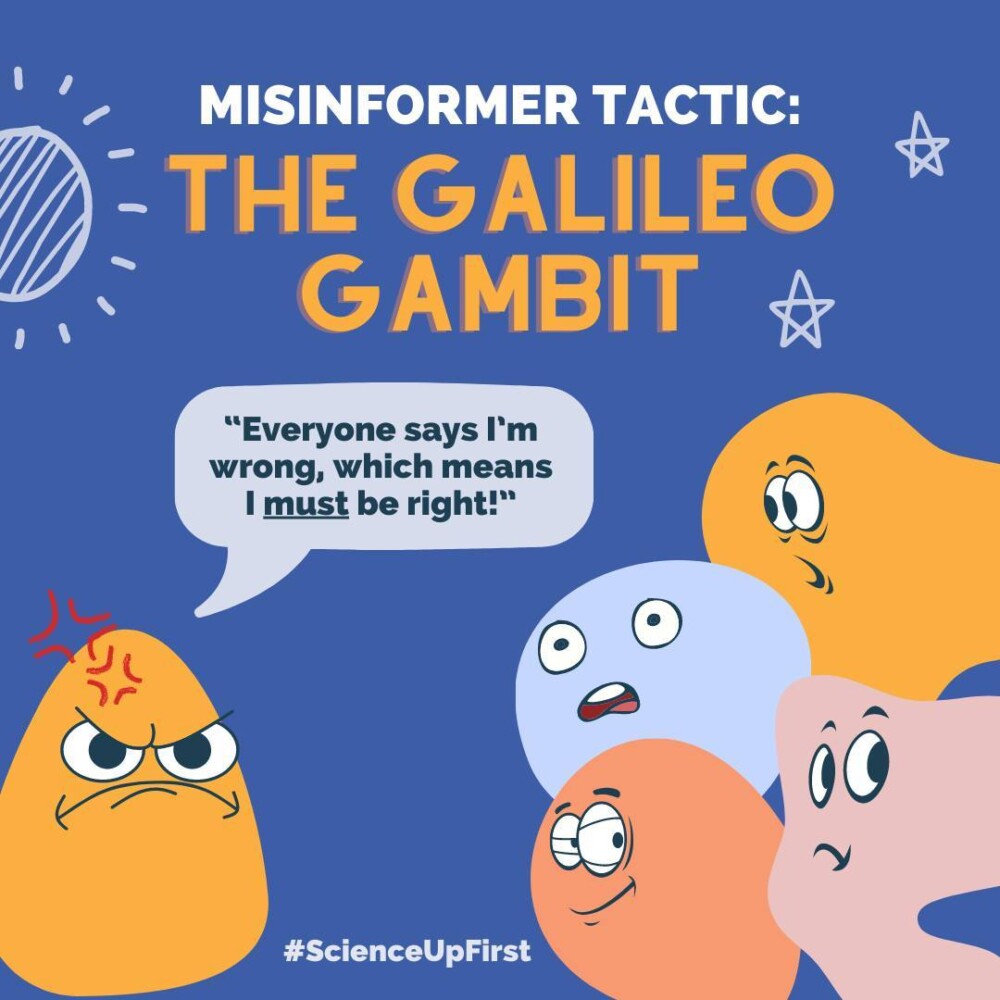
What is a retraction and why is it important?
A journal article retraction is when an article is removed after it has been published (1,2,3). The article might be retracted for multiple reasons, such as an honest error, research misconduct (i.e. falsification or fabrication), plagiarism, etc. (1,4).
Retractions are important to preserve scientific transparency and integrity and to ensure scientific rigour (4,5,6). ScienceUpFirst might not be an academic journal, but we strongly believe in these values.
Thanks to feedback from our audience we learned that information presented in our Placebo post might not reflect the best current literature, lacked nuances, and could be misinterpreted. For all these reasons, we have decided to remove our post on the Placebo effect.
Honest errors are the main reason papers get retracted (4). This post, like all our posts, has gone through all the same steps: research, writing, review, and expert vetting (7). But that doesn’t mean we are perfect.
Thanks to those who gave us notes so we can continue to put #ScienceUpFirst!
Share our original tweet!
What is a retraction?
Why are retractions so important in science?
Learn all about it here https://t.co/hivzxdiIXj#ScienceUpFirst pic.twitter.com/Rz31lAIQ3E
— ScienceUpFirst | LaScienced’Abord (@ScienceUpFirst) June 7, 2023
See our original Instagram post!
View this post on Instagram
- All about article retraction in academic publishing
- Library Guide to Academic Publishing: Journal Article Retraction
- Retractions: Guidance from the Committee on Publication Ethics (COPE)
- Retracted Science and the Retraction Index
- Retractions are increasing, but not enough
- The Center For Scientific Integrity
- How We Empower Canadians | FR : Comment nous renforçons le pouvoir des Canadiens




